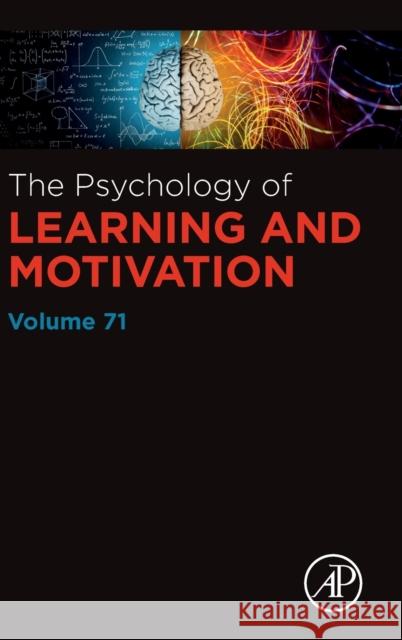The Psychology of Learning and Motivation: Volume 71 » książka
topmenu
The Psychology of Learning and Motivation: Volume 71
ISBN-13: 9780128171752 / Angielski / Twarda / 2019 / 424 str.
The Psychology of Learning and Motivation: Volume 71
ISBN-13: 9780128171752 / Angielski / Twarda / 2019 / 424 str.
cena 539,22
(netto: 513,54 VAT: 5%)
Najniższa cena z 30 dni: 537,00
(netto: 513,54 VAT: 5%)
Najniższa cena z 30 dni: 537,00
Termin realizacji zamówienia:
ok. 16-18 dni roboczych.
ok. 16-18 dni roboczych.
Darmowa dostawa!
Kategorie:
Kategorie BISAC:
Wydawca:
Academic Press
Język:
Angielski
ISBN-13:
9780128171752
Rok wydania:
2019
Ilość stron:
424
Waga:
0.73 kg
Wymiary:
22.86 x 15.24 x 2.39
Oprawa:
Twarda
Wolumenów:
01











